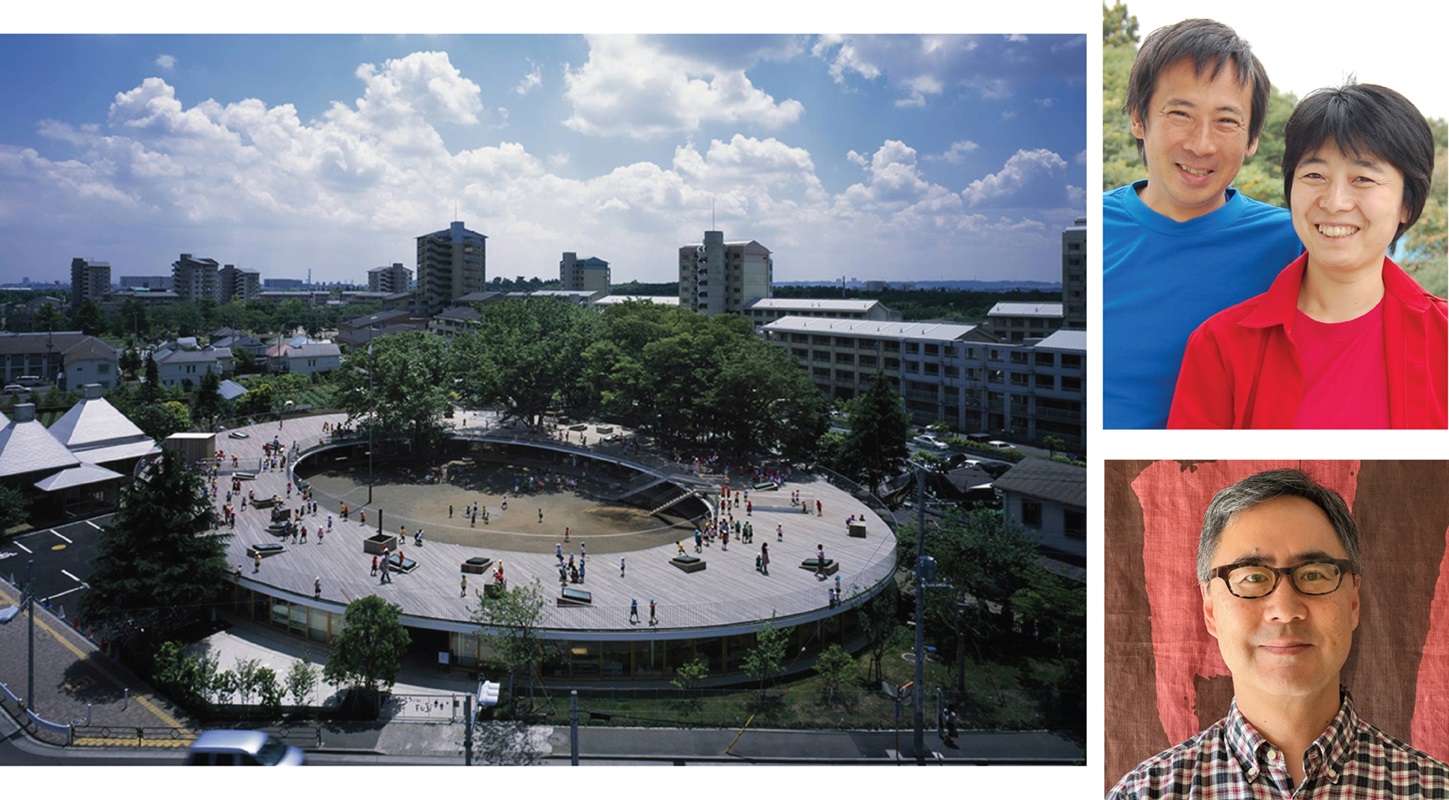

Japanese Architects Talk Series
“5 Dimensions of Japanese Architecture”
2.「矩」Kane: The Canon of Japanese Architecture
Takaharu Tezuka, Yui Tezuka & Don Choi
Tuesday, December 10, 2024 7:00pm-8:30pm
Location: The Japan Foundation, Los Angeles Hall
CLICK HERE TO WATCH THE RECORDING
Co-Organized by UCLA Terasaki Center for Japanese Studies
UCLA Department of Architecture and Urban Design, UCLA xLAB
To discuss Japanese architecture, this talk series is organized around five concepts unique to Japan: MA, KANE, HAI/KYO, IN/EI, and SUKI. Renowned Japanese architects and scholars will speak at each symposium about their ideas on architecture and the works they have produced. This series offers a unique opportunity to deepen your understanding of Japanese architecture and its cultural concepts by featuring their insights, enriching your perspective on this distinctive architectural heritage through the lens of contemporary practice.
The second session will discuss the concept of「矩」KANE: The Canon of Japanese Architecture. In Japanese architecture, the notion of 矩 (kane) serves as a guiding framework for practicing, norms and measurements are harmonized to create a unique aesthetic order. The speakers will talk about how this modular system affects the way they think and design.
Lecturers & Moderator :
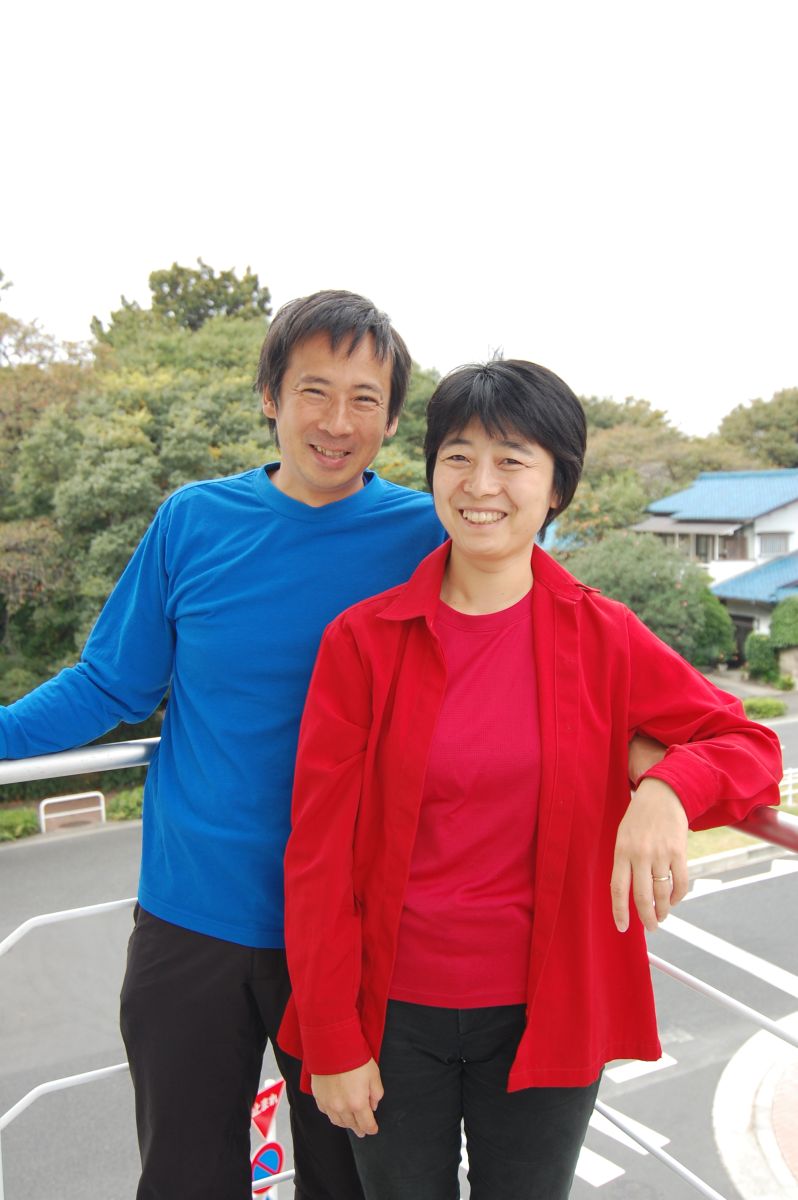 |
Takaharu Tezuka & Yui Tezuka, Lecturers |
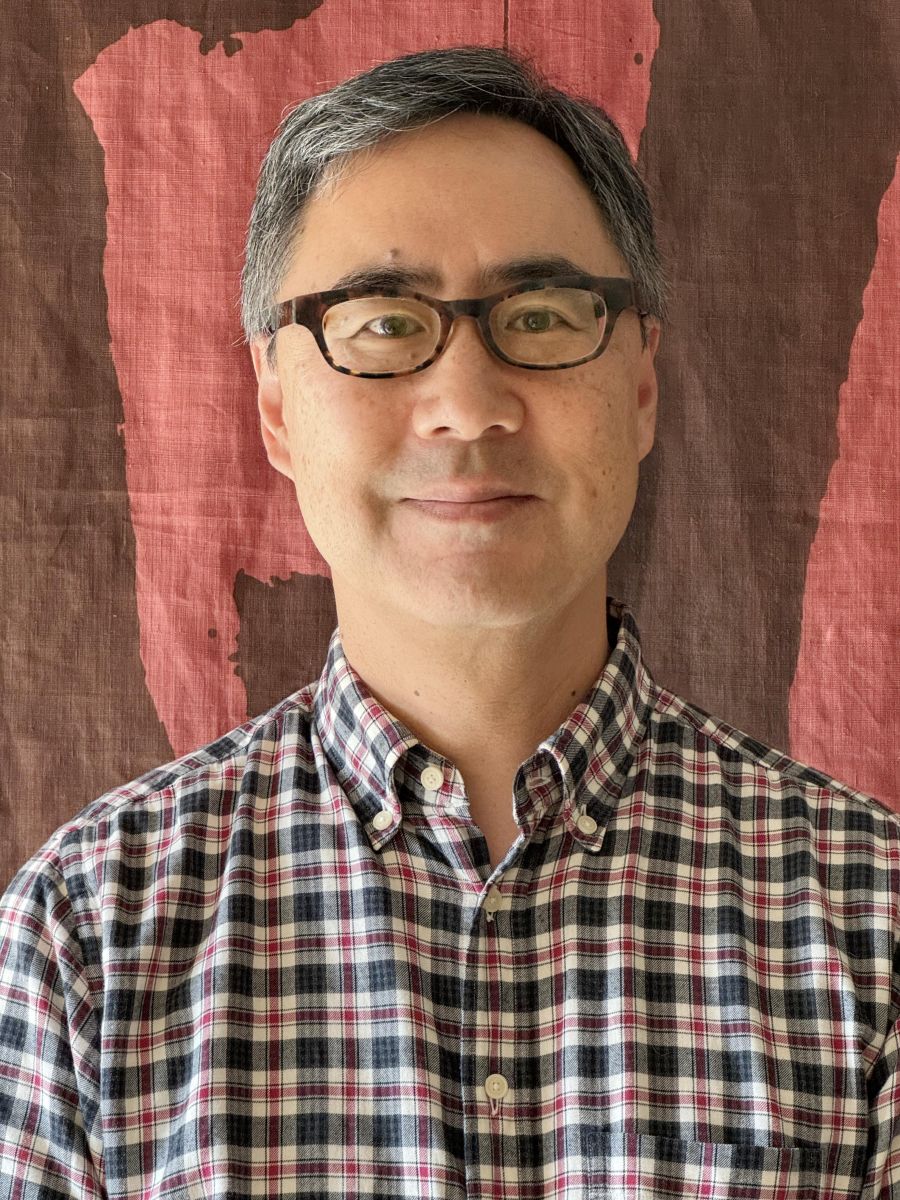 |
Don Choi, Lecturer |
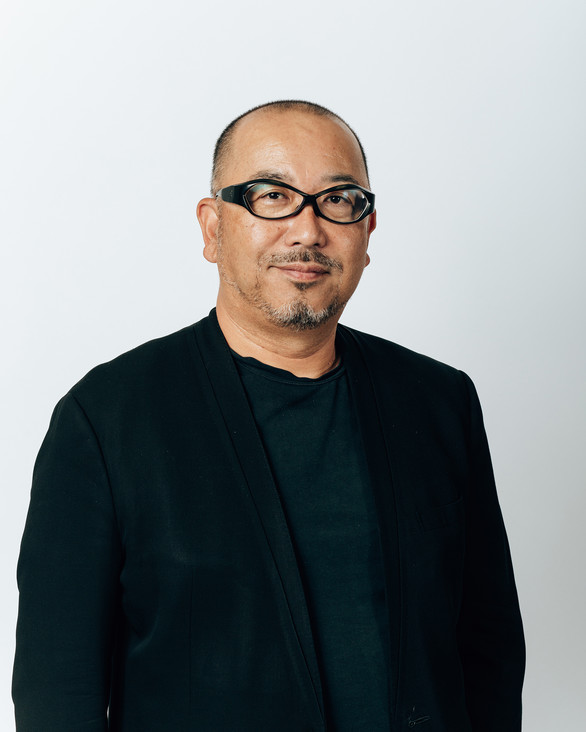 |
Hitoshi Abe, Orgarnizer/ Moderator |
The Other Lectures include:
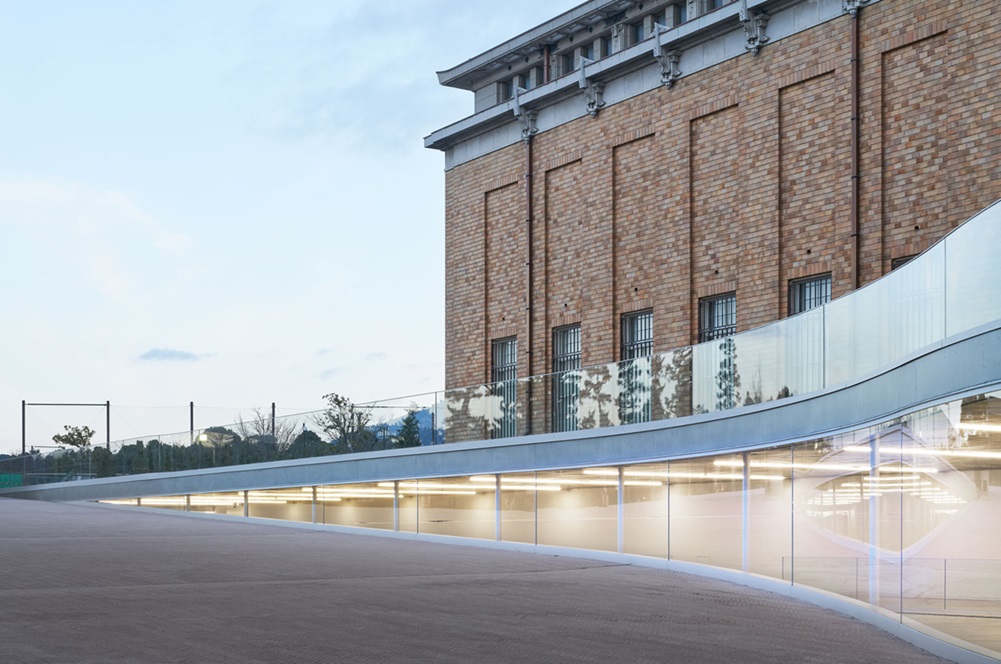 |
1.「間」Ma: Time and Space in Japanese Architecture CLICK HERE TO WATCH THE RECORDING 間 (MA) is a Japanese concept that defines the interval or space between two entities, encompassing both temporal and spatial dimensions, and serves as a foundational principle in various aspects of art, architecture, and life. |
 |
3.「廃墟」Hai/kyo: Destruction and Rebirth of Japanese Architecture 廃墟 (HAI/KYO) refers to ruins that embody the remnants of historical destruction caused by disasters such as earthquakes, fires, floods, and wars, while also symbolizing themes of rebirth, recovery, and the creation of new urban landscapes. |
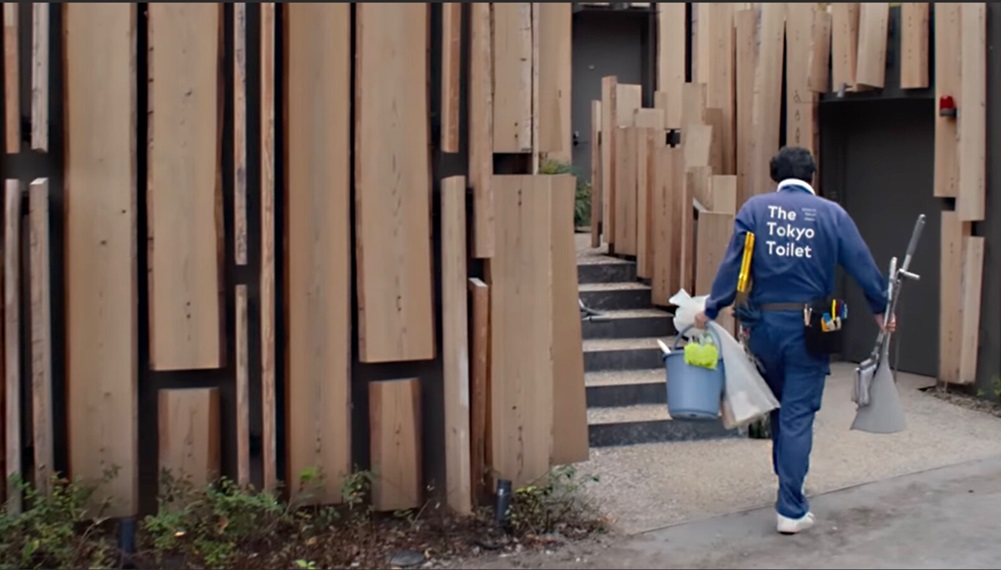 |
4.「陰影」In/Ei: Images of Japanese Architecture CLICK HERE TO WATCH THE RECORDING 陰影 (IN/EI) refers to the concept of shadows that highlights the importance of darkness as a vital element in representation, contrasting with the Western focus on light and clarity, and emphasizing the true essence of architecture and form. |
 |
5.「数寄」Suki: Microcosm of Tastes CLICK HERE TO WATCH THE RECORDING 数寄 (SUKI) originally signified a love for poetry in the Heian period, but evolved to primarily denote the refined aesthetic and cultural appreciation associated with the tea ceremony, reflecting a nuanced relationship between art, architecture, and the appreciation of beauty. |
